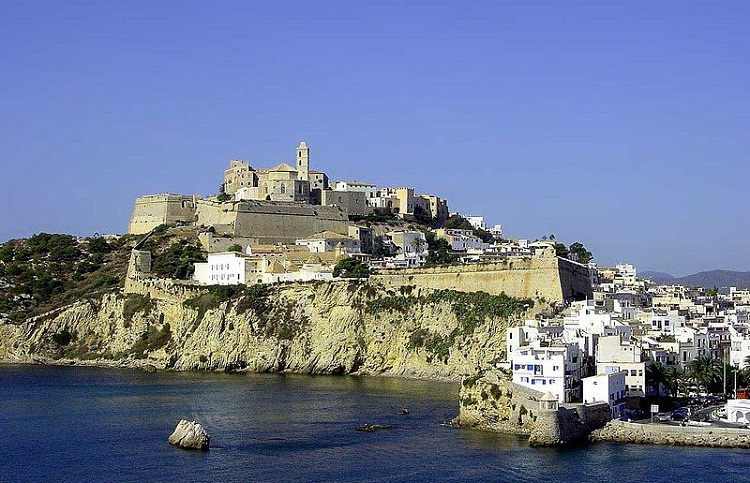The Diplomat
British authorities have included the Balearic Islands on the green list of safe travel by COVID, although the rest of Spain remains on the amber list. Meanwhile, the Spanish government yesterday extended the list of non-EU countries to which entry restrictions have been lifted, which continues to include the UK despite the fact that the UK remains off the European list.
The British Minister of Transport, Grant Shapps, announced yesterday the inclusion of the Balearic Islands in the green list of countries and territories to which it will be possible to travel without quarantine on return. Scotland and Northern Ireland have introduced the same changes, which will take effect from June 30. This is the first time that the British government has taken regional specificities into account when drawing up its traffic light, which until now included the countries as a bloc. Despite this, the rest of the Spanish communities, including the Canary Islands, remain on the amber list.
The British authorities do not prohibit travel to the countries on this list, but they do require travelers, prior to their return to the United Kingdom, to present a PCR test in the country of origin, another PCR on arrival (each such test costs around 100 euros) and a quarantine period that can only be shortened with a third (and expensive) PCR. The British Prime Minister, Boris Johnson, acknowledged last Monday that his government could lift all international travel restrictions on July 19, although he warned that 2021 will be “a difficult year” for travel abroad because “the priority is the security of the country”.
In this regard, the Minister of Foreign Affairs, Arancha González Laya, assured yesterday, during a joint press conference in Madrid with her counterpart in Panama, Erika Mouynes, that her Department is “sharing with the British authorities information regarding the incidence of the virus and the variants present” in Spain -including the rates of hospitalization, ICU admissions and deaths, which “are dropping significantly”- in order to “facilitate a decision”. Once this information has been provided, “it is up to the British government to say what the rules are for their citizens and how much they want to facilitate mobility for their citizens”. The UK list is reviewed every three weeks.
United Kingdom remains on the list
On the other hand, the Official State Gazette (BOE) published yesterday an order of the Ministry of the Interior increasing the list of countries to which entry restrictions are lifted. The new list incorporates Albania, Lebanon, North Macedonia, Serbia, Taiwan and the United States, in accordance with the modification of the Recommendation of the Council of the European Union, approved last June 18. This list already included Australia, Japan, New Zealand, Rwanda, Singapore, South Korea, Israel, Thailand and China. The Asian giant appears on the European list on condition of reciprocity, although this condition has been withdrawn for Hong Kong and Macao.
The European Recommendation does not prevent Member States from authorizing the entry of individual citizens from third countries where vaccines approved by the European Medicines Agency (EMA) or authorized by the World Health Organization (WHO) are used, even if they do not appear on the European list. Thanks to this clause, the Home Office included the United Kingdom in its own list on May 24, despite the fact that this country did not appear in the first EU Recommendation.
The UK has also not appeared in the subsequent updates of the European list (June 3 and June 18), which has not prevented the country from continuing to appear on the Spanish list announced yesterday and that the Government remains willing to maintain “the measures that allow British citizens to enter” Spanish territory, according to Gonzalez Laya yesterday. The Government will continue to “monitor the situation, as we do with each country of the European Union or with third countries as the pandemic evolves”, she added.







